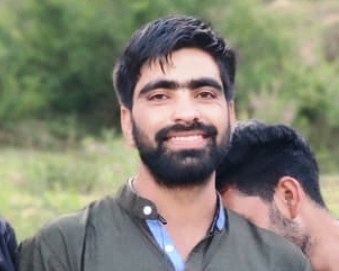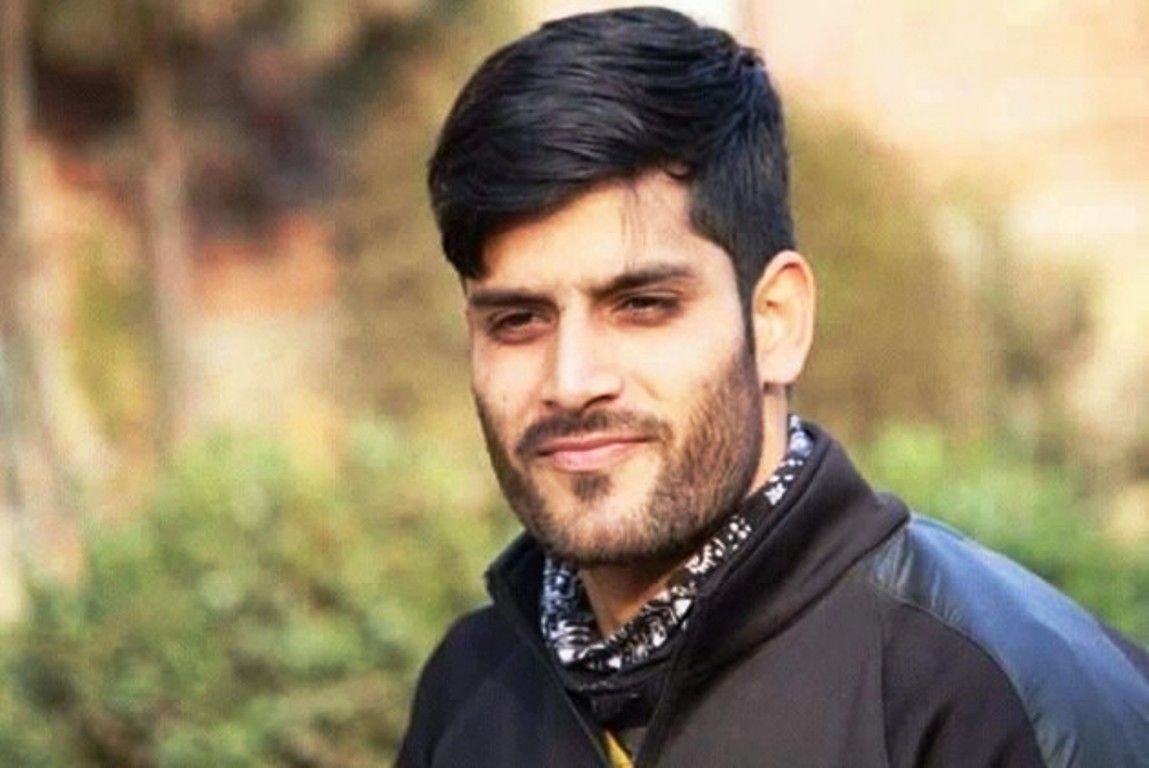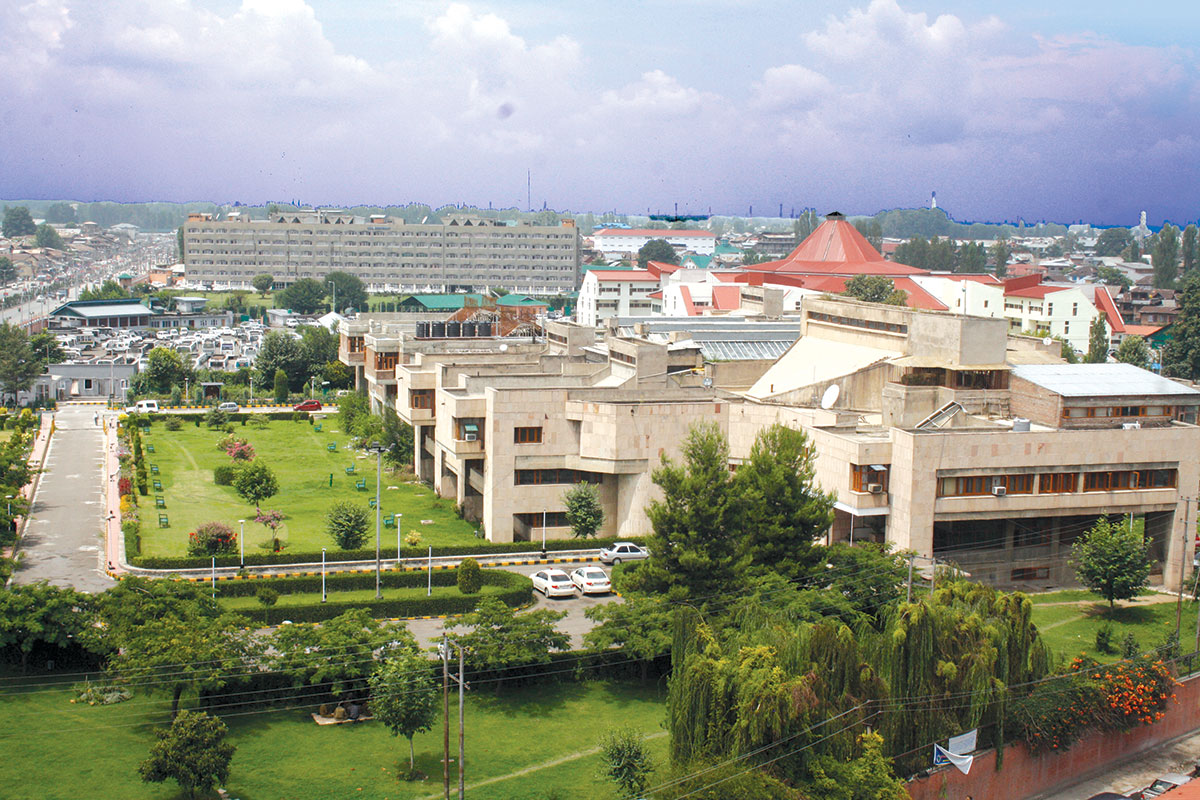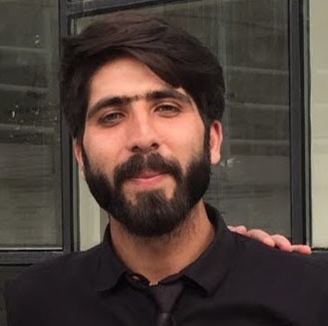by Aabid Mushtaq
Total number of 1,731 people died in custody in India during 2019. This works out to almost five such deaths daily. Annual report on torture 2019 further states that about 1,606 of the deaths happened in judicial custody and 125 in police custody.

Custodial tortures ranging from the assaults of various types to death by the police for extortion of confessions and imputation of evidence are not uncommon. The methods of investigation and detection of a crime, in the backdrop of vast scope or idea of “humane” administration of criminal justice, not only disregards human rights of an individual but also undermines his dignity and exposes him to unwarranted violence and torture by those expected to ‘ protect’ him.
In India, the right to life and liberty is an existential force adorning highest stand amongst all fundamental rights. The events or different instances of torture and using third-degree methods upon suspects during detention and police remand casts a slur on the very system of administration.

It raises questions on the competency of judicial premises on unfettering such actions and not safeguarding these sacrosanct rights. The terrible dealing with the suspected persons has created a depressing scenario. Torture in custody is at present treated as an inevitable part of the investigation. Investigations retain the wrong notion that if enough pressure is applied the accused will confess.
Torture Methods
Literature about the torture prevalent in custody across India included electric shock, applying chilli powder or pouring petrol on private parts, beating while handcuffed, pricking body with needles, branding with a hot iron rod, beating after stripping, urinating in mouth, inserting a hard blunt object into the anus, beating after hanging upside down with hands and legs tied, forcing to perform oral sex, pressing fingernails with pliers, beating with iron rods after the victim is suspended between two tables with hands and legs tied, and kicking the abdomen of a pregnant woman.
The set up of such destructive methods devastatingly degrade human lives. It is unfortunate for the law-governed country and democratic aspirations as well. The practice has become so common that when we are looking into the affairs of investigative agencies only the authoritative methods are at hand.

How the affairs of a country are approaching from a welfare state to a police state is bizarrely an upshot of an unaccountable and unchecked power of policing authorities. The incidents are surging fast. According to a report, the total number of 1,731 people died in custody in India during 2019. This works out to almost five such deaths daily. Annual report on torture 2019 further states that about 1,606 of the deaths happened in judicial custody and 125 in police custody.
Kashmir Scenario
Scrolling back, almost half and a year ago, the police picked up Rizwan Assad Pandit, a school-principal in a terror case and lodged him in Srinagar. According to the initial probe, he died because of “extravasations of blood”-the leaking of blood from his vessels into the surrounding tissues caused by multiple injuries. According to the report quoting an official privy to the finding “the blood lost in soft tissues due to multiple injuries was extensive internally, and this must have led to irreversible shock. There was not blunt injury or damage to the internal organs,” he said. “Furthermore he had cuts and injuries all over his body,” he said “he also had a haematoma (a solid swelling of clotted blood within the tissues) in his left arm and eye.”
How did the enquiries have miserably failed while covering up the whole incident and how justice remaining delayed? The killing has invoked certain thoughts of judicial expertise and some fundamental instructions on dealing with the victims in the police custody.
Coming to the new such act when a youth namely Irfan Ahmed Dar from Sopore had been picked up by the police in a same pattern as that of Rizwan Assad Pandit in March 2019 and was found dead a day later. The practice of dealing hard with the victims or suspects does not seem to settle until yet in India.
Torture has been widely denounced by the International Community and is regarded as illegal under international law. The Supreme Court of the United States in Miranda v. Arizona, 384, US 436, 448 (1996) and also in Blackburn v State of Alabama, US 199 (1960) held that “coercion can be mental and as well as physical.” Not only has the US come up with the change in its approach with torture but also the European states have framed up a convention for the protection of Human Rights and Fundamental Freedoms.
India’s Legal Procedure
India has a strict legal procedure for dealing with cases of torture. Legal remedies are clearly laid down in various laws and codes such as the Code of Criminal Procedure, Indian Penal code, Indian police Act, Indian Evidence Act and the Fundamental law of the land, i.e the Constitution of India.
Despite these safeguards, India has failed to put into practices these provisions of laws. India is a signatory of many international conventions such as ICCPR, UDHR and UNCAT, which provides for prohibition of torture. These conventions also prohibit of torture and use of inhumane means and methods against human beings.
Article 2(1) of UNCAT provides that “every state party shall take effective legislative, administrative, judicial or other measures to prevent acts of torture in any territory under its jurisdiction.” Similarly, Article 5 of the Universal Declaration on Human Rights states, “No one shall be subject to torture or cruel, inhuman or degrading treatment or punishment.”
Article 7 of ICCPR also directs countries to refrain from torturing for any purpose. India is duty-bound to follow and not violate the provisions of these conventions. The implementation of these conventions is nowhere.

The government must intervene and courts should derive the strict guidelines for the police system to make custody, the literal meaning of it a guardianship because a suspect is never a criminal in a first instance and torturing a suspect or victim never lowers down the crime rate but it accelerates. Former Supreme Court judge, VR Krishna Iyer once said that the custodial torture is worse than terrorism because the authority of the state is behind it.
(@AabidRafiqa is a student of law at the School of Law, The University of Kashmir, Srinagar. The opinions expressed in this article are those of the author’s and do not purport to reflect the opinions or views of Kashmir Life.)















